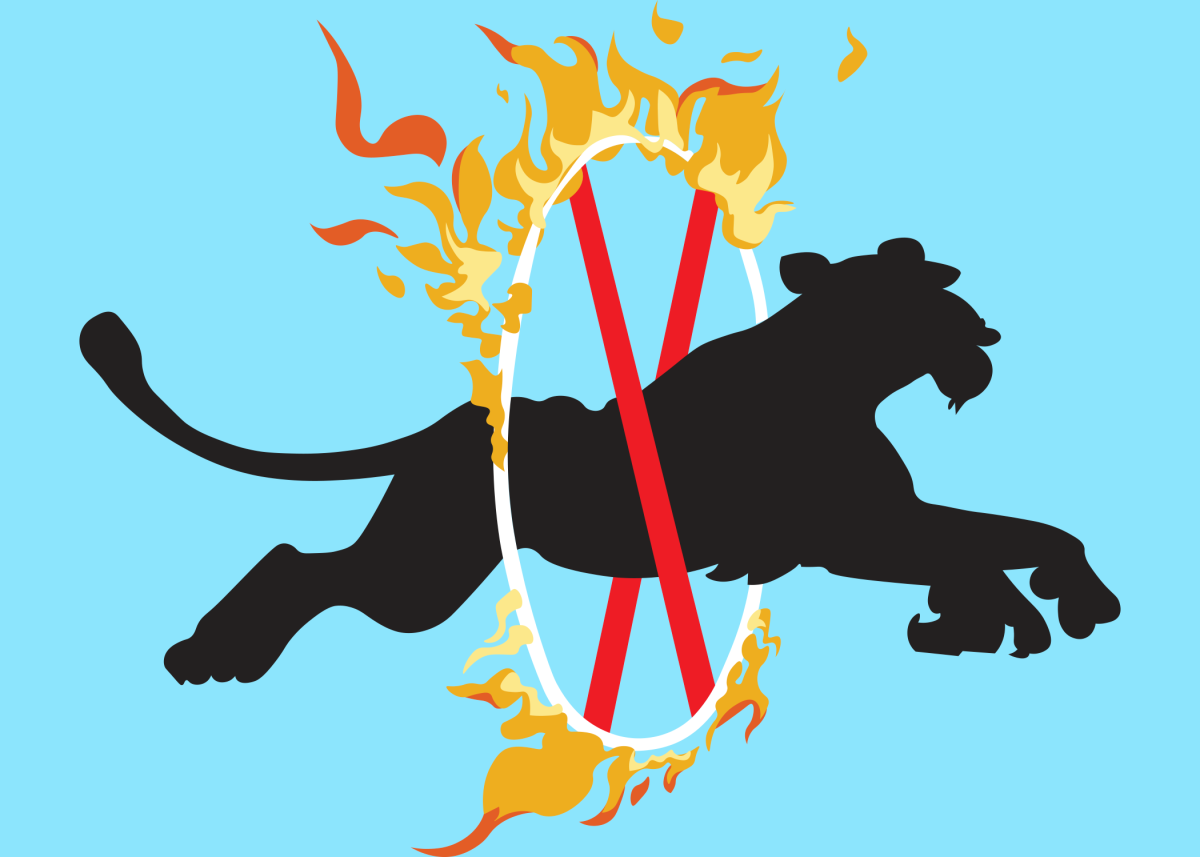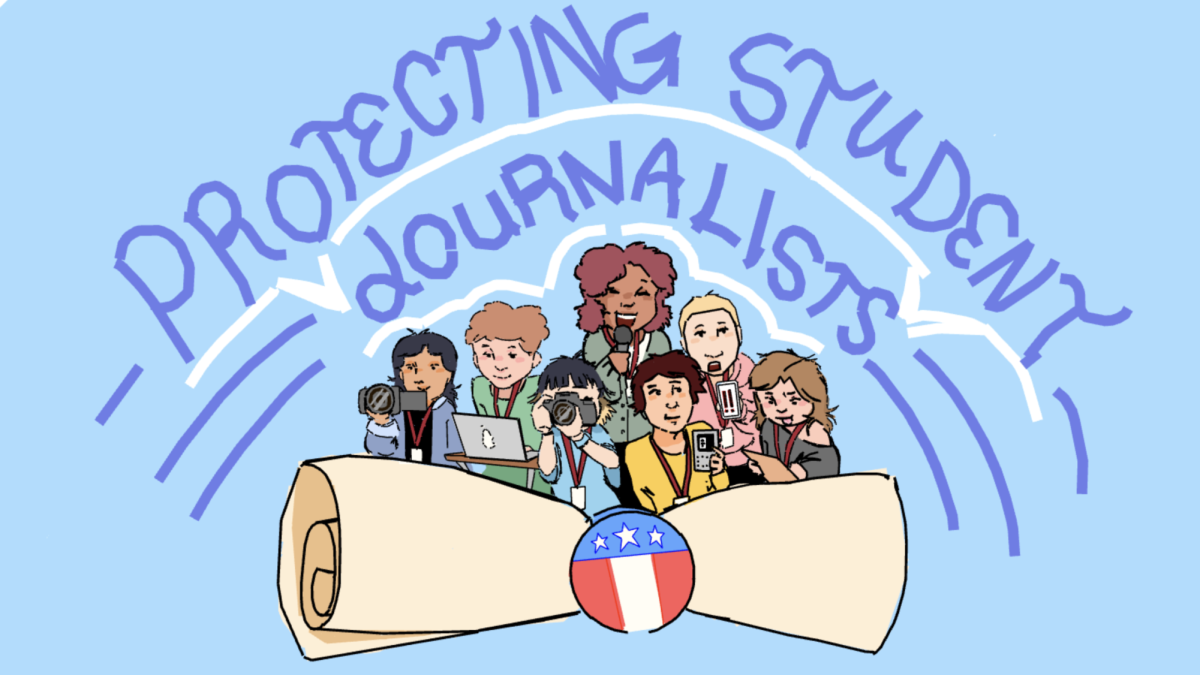Patiently waiting for the curtains to unveil, a young girl draws her attention to the sugar-flaked churros in her lap, the circus music humming in her ears. The bustling crowd falls into silence as neon spotlights light up the stage, signaling the start of the show. She catches her breath as a small bear dressed in a tutu appears from behind the velvet drapes, carrying itself on its two front legs while a leather muzzle traps its mouth shut. Laughter erupts from the audience as the bear struggles to walk across a plank, its trainer clutching a long whip from within the shadows.
Archaeological evidence corroborates that animals have been used as a source of entertainment for centuries, with handlers often having to take drastic measures to train wild animals to perform ridiculous and unnatural tricks in restrictive environments. Despite being widely renowned for violating animal rights, Animal Defender International reports that over 200 exotic animals are currently confined in U.S. circuses, where their mistreatment and abuse persists. Forcing animals to perform is unambiguously cruel, as they endure physical and psychological pain sheerly for human entertainment.
Circus trainers submit to methods of violence, such as the use of bull hooks, whips, electrical shock prods and other devices to invoke fear in and punish animals, simply because they are unable to perform tricks that are unnatural to them. These tactics are approved by the Animal Welfare Act, which apparently strives to provide the minimum standards of care for and treatment of animals.
Circus animals, which are naturally active, are forced into cramped conditions and social isolation. Most travel 11 months per year over long distances while chained in barren cages or poorly ventilated trailers; some are left in leg shackles while some stand over their own waste. Bears, big cats and primates are expected to sleep, drink and eat in these horrible conditions where they are deprived of displaying natural behaviors.
Zoochosis, or mental stress and frustration displayed among wild animals kept in captivity, is a physiological effect imposed on animals trapped in extreme confinement. Animals mentally shut down as a method to cope and subsequently display abnormal behaviors, such as rocking back and forth, pacing, refusing to eat and self-harming.
A study conducted by the AAP—Animal Advocacy and Protection—found that 89% of the exotic animals they rescued from European circuses suffered from mental or physical trauma.
Entertainment services ignore the necessities of the animals they use and do little to secure their safety by pressuring them into hazardous conditions as such conditions are easier to financially maintain. Terrible qualities that constitute the standard living conditions of circus animals are generally cheaper to support, motivating workers to invest the least in animal care to profit the most. When criticized for their inhumane practices, companies exaggerate or entirely falsify the quality of containment of the animals they use to satisfy the public.
According to an investigation documented by PETA, elephants Isa and Viola from Circus World were forced to perform debilitating tricks twice a day for seven days a week, despite their chronically swollen feet and other signs of pain. When faced with backlash, Circus World responded by promising to “retire” the elephants after the summer of 2023 at a facility in Oklahoma operated by Carson & Barnes Circus, where the animals were further exploited for entertainment purposes.
Animals do not belong in the entertainment industry. Trapping animals in circuses and having them perform senseless tricks in attempts to amuse an audience is far from educational and instead teaches children that exploiting animals and disregarding their wellbeing is socially acceptable. There are other activities that do not involve abusing animals that people can watch and be equally as entertained with.
If circuses want to continue involving animals in their shows, they have to do so without violating the basic freedoms that ensure the welfare of an animal: freedom from hunger, discomfort, pain, distress and freedom to exercise normal behaviors. However, as demonstrated in past decades, this is an unattainable goal for circuses as they are clearly more interested in making money than investing in infrastructure to improve the quality of life for animals stuck in their industries.
Current laws do not adequately regulate the treatment of animals in circuses and other entertainment services. The Animal Welfare Act—implemented in 1966—aims to provide minimum standards of care for the animals utilized for commercial practices. This bill has been completely ineffective though, as it fails to take action and address violators.
“The AWA sets minimal welfare requirements for animals in commercial facilities, including dogs in puppy mills, yet the USDA has continually failed to enforce those requirements,” Senior Counsel and the American Society for the Prevention of Cruelty to Animals Legal Advocacy and Investigator Robert Hensley said. “Thousands of vulnerable dogs and other animals have suffered and died because of the USDA’s repeated failure to take any meaningful inaction against problematic dealers, and hundreds more remain at risk under the agency’s failing oversight.”
Loomis Bros Circus, Jordan World, Carden International, Royal Hanneford and Carson & Barnes are circuses in the U.S. which actively use animals to entertain their audiences. Boycotting, protesting and calling out such businesses is necessary as it will help to propagate reforms that ensure every wild animal experiences the freedom they deserve.














